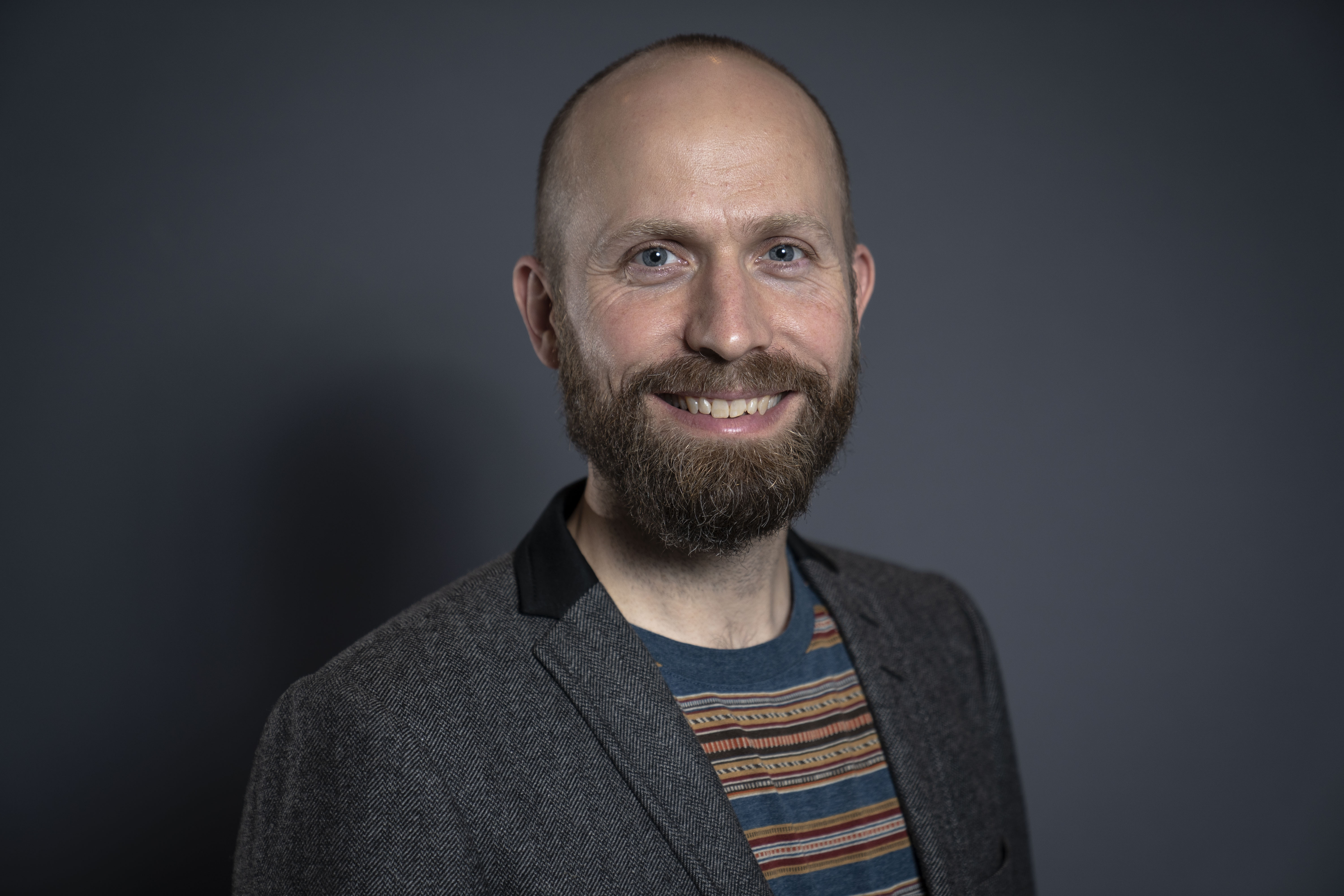Mikael Palner
Research leader

Project title
Neuronal dysfunction in treatment resistant obsessive compulsive disorder and effectiveness of novel serotonergic drug treatment
What is your project about?
My project tries to understand how increased activity in specific neuronal projections from the cortex to the corpus striatum can produce compulsive actions and what functional changes these neuronal projections produce in the whole brain. Compulsive actions are mostly associated with Obsessive Compulsive Disorder (OCD), but are also expressed in other neuropsychiatric conditions. I will also investigate how small doses of the drug psilocybin, better known as the psychedelic compound in “magic” mushrooms, effect compulsive actions and what biological effects that are responsible for this.
How did you become interested in your particular field of research?
My curiosity for the brain spiked during my studies at the Technical University of Denmark, where I had a very inspiring lecturer Rodney Cotterill, who really captured my interest. I am fascinated about how complex our brain is, how much it can do and how small things can really change our view of the world, like the effect of the psychedelic drugs psilocybin. Psilocybin is very similar to the natural neurotransmitter serotonin, yet gives a very different view on the world at high doses. The trend of using small doses of psychedelic compounds like psilocybin, also called microdosing, spiked while I was a postdoc at Stanford University in the middle of Silicon Valley, USA. This microdosing is used to increase creativity and productivity, but also to self-medicate different psychiatric conditions, like OCD.
What are the scientific challenges and perspectives in your project?
The development of drugs for neuropsychiatric conditions like OCD has been very slow. In part, because we don’t know much about the conditions and in part, because it has been really challenging to develop good drug candidates. Psilocybin has previously been reported to have positive effects in the literature, but have also been misused and thereby classified as an illegal drug which has halted research for decades. It is therefore important that we understand how this class of drugs work, in order to better understand neuropsychiatric diseases and to develop new treatment.
What is your estimate of the impact, which your project may have to society in the long term?
I hope my research will lead to a better understanding of the neurobiological changes underlying compulsive actions and develop new understanding of treatment options for the future. As well as setting new standards for how we measure the changes in functional brain connectivity in animal models.
Which impact do you expect the Sapere Aude programme will have on your career as a researcher?
To receiver a Sapere Aude-grant is a big honor and major support of my ideas. It is the longest grant I have had in my research career and will give me a unique opportunity to focus on research the next couple of years without hunting the next grant. I will have the opportunity to create a research field and focus on a specific subject.
Background and personal life
Dad of 3 and married to a researcher. Have lived and studies multiple places in the Americas in a total of more than 5 years. I love to be creative and a nerd at home, brewing beer and baking with sourdough, or with vinyl and music, which have also been a big part of my professional life as a previous record label owner and active DJ.
View all research leaders here
Research institution
Rigshospitalet
Research field
Neuroscience, Neuropsychopharmacology, Neuroimaging
City of your current residence
Gentofte
High school
HTX Roskilde
